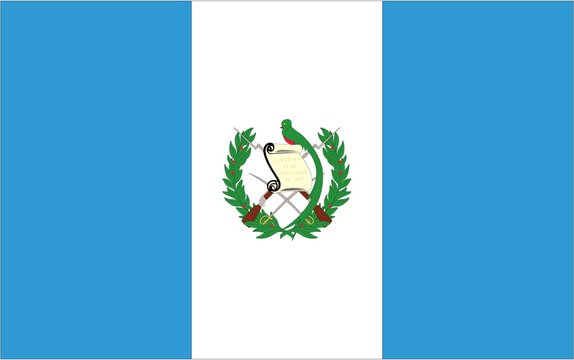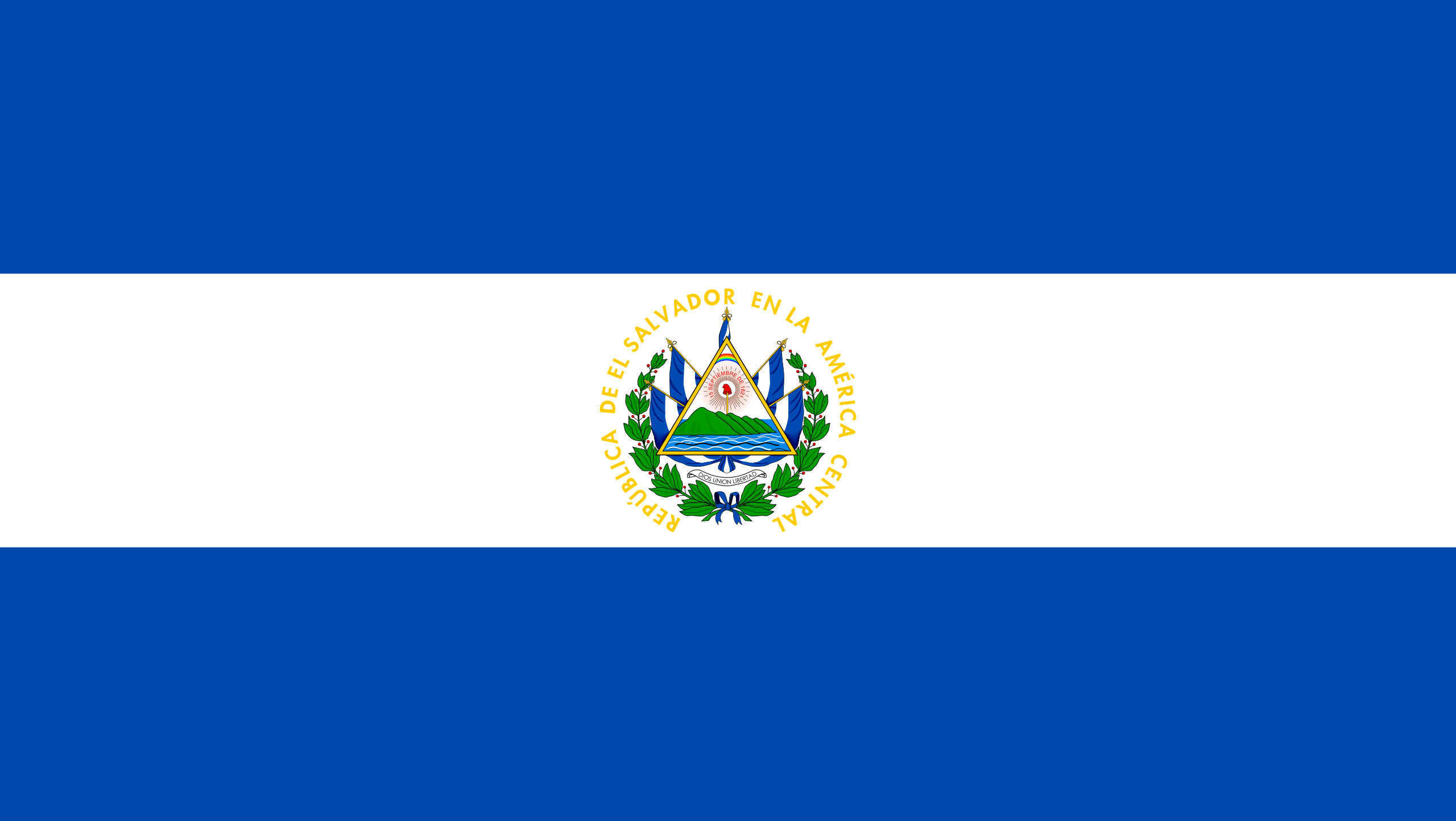The key challenges of AML compliance in Latin America and the Caribbean
Whether conducting risk assessments or reviewing client due diligence, it is vital to understand the risks and responsibilities of money laundering challenges for different jurisdictions.
In this article, VinciWorks considers the key AML challenges and laws in Guatemala, and what organisations should consider when assessing customer, geographic or matter risk.
For more on the key AML risks and challenges in Latin America and the Caribbean, download our free guide to compliance.
Click here to download a free copy.
Key risks
- Unequal and outdated AML rules – Guatemala is described as having a ‘sprawling, diverse and complex’ AML system that is outdated, and implementation is uneven. AML requirements are seen as very strict for normal people, but lax and flexible for those in power.
- Extortion – this occurs at the highest rate of any Central American country and is an important migration driver. According to USAID estimates, extortion could amount to $400 million annually.
- Political interference – President Morales expelled CICIG – an international body tasked with investigating serious crime in Guatemala – in 2019, and has dismissed special prosecutors appointed to tackle corruption and money laundering.
- Corruption – Corruption is a serious problem in Guatemala affecting all levels of society. Anti-corruption laws tend to be used against political opponents of the regime. There is an opaque network of private companies, public contracts and government officials. 11 of the past 13 ministers of communication and housing have been accused or convicted of serious corruption.
- Economic inequality – less than half the population has a bank account and around 20% of the population do not have identification. 91% of the population lives in poverty.
Criminal proceeds
An estimated $1.1 billion – $ 2.7 billion is laundered every year in Guatemala.
AML policy summary
Guatemala is seen as being seriously corrupt, as having a lack of political will, weak institutions and an outdated legal framework. It also has weak prevention and detection capabilities, however investigation and prosecution systems are seen as stronger.
Legal summary
In 2020 lawyers and notaries were designated as obligated subjects regarding AML. However the legal framework is seen as severely outdated. Guatemala does not have any beneficial ownership legislation, a fintech law, and some financial institutions are completely unregulated.
Guatemala’s main money laundering laws are:
- Law 67-2001 – this is the country’s foundation AML law
- Law 58-2005 – this tackles terrorist financing
- Law 55-2010 – this allows for asset forfeiture and requires individuals accused of illicit enrichment to prove their assets were legally acquired
- Law 58-2020 – this obligated lawyers and notaries under AML
Weaknesses
Key vulnerabilities in the economy for money laundering are credit unions, vehicle sales, real estate, NGOs and the country’s armored car services.
A wide variety of channels are used to launder money in Guatemala. These are varied and diverse and represent significant weaknesses in AML procedures. Key methods of laundering include banks, political campaigns, shell companies, construction and infrastructure, misinvoicing, supermarkets, gas stations and even churches have been caught up in money laundering schemes.
A complex web of facilitators including bankers, lawyers, notaries, politicians and political operatives makes money laundering fairly easy in Guatemala. Efforts by President Morales to interfere with and undermine anti-corruption and anti-money laundering efforts demonstrate criminal collusion at the highest political levels.
Guatemalan law does not regulate a wide number of critical financial institutions including microfinance, credit unions, fintech, mobile money providers and some remittance services. These are vital services for more than half the country which is unbanked.
Preventing financial crime is not high on the political agenda and efforts at improving transparency and anti-corruption have been rolled back by the Morales administration.
The judiciary is also seen as highly corrupt, with the guild responsible for nominating judges is known for bribery,
Strengths
The US has a significant role in supporting Guatemala, however aid was cut during the Trump administration which harmed anti-corruption efforts.
More information
VinciWorks has created a guide designed to support businesses that currently operate in Latin America and the Caribbean, or are planning to, or seeking to expand to new countries in the region. This guide provides an overview of some of the key AML challenges and issues and includes a country-by-country assessment of AML risks and laws.
Click here to download a free copy.













